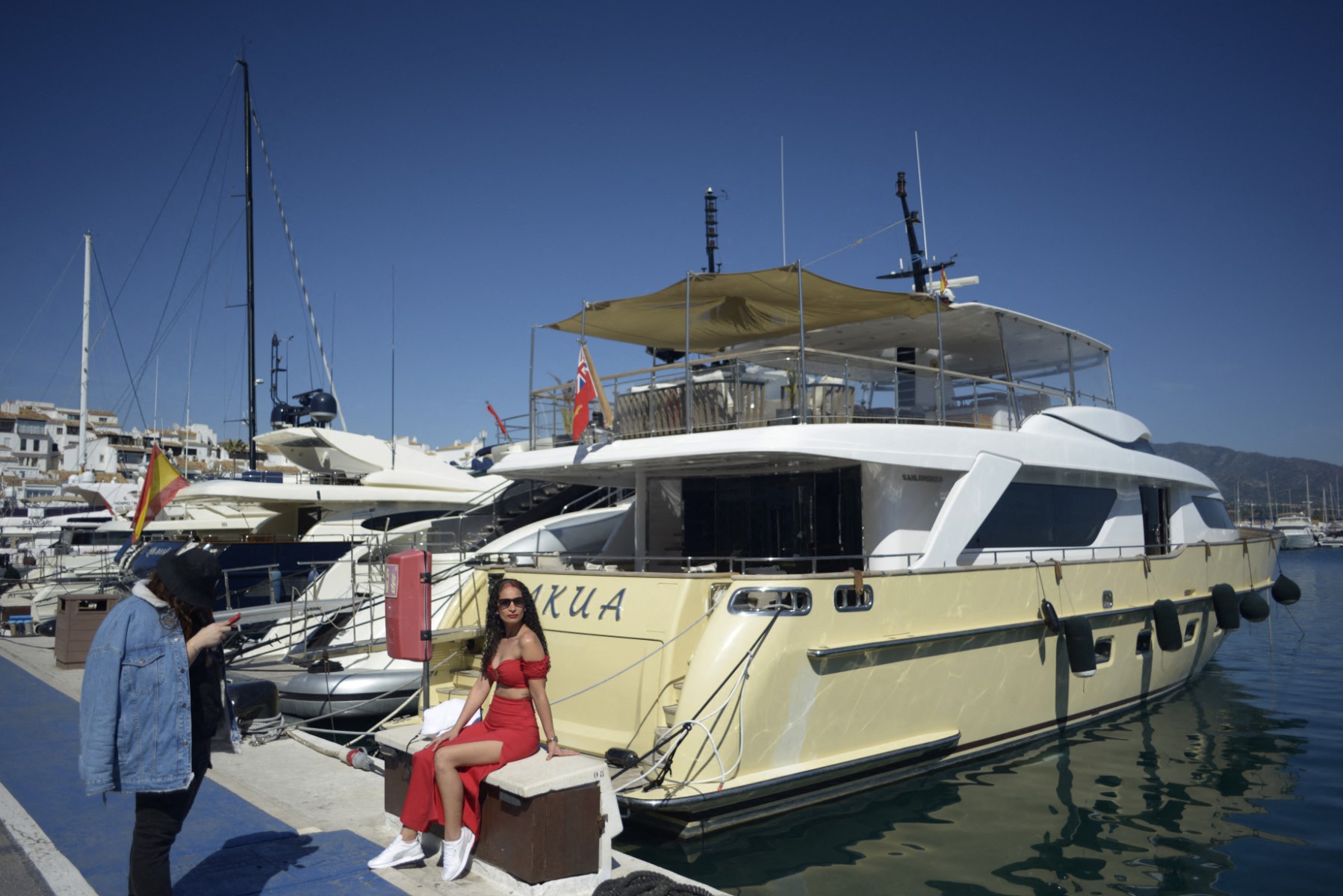Similar to Spain’s Beckham Law, introduced in 2005, this piece of legislation is named after a famous footballer who will be the first to benefit from lower tax rates, as will other foreigners in Madrid.
Kylian Mbappé is a French footballer who currently plays for Paris Saint-Germain, but looks set to sign for Real Madrid this summer.
The objective of the right-wing Madrid government of Isabel Díaz Ayuso is to attract more foreign investment to the region with beneficial fiscal rates.
READ ALSO – Beckham Law: What foreigners need to know about Spain’s special tax regime
Unlike the Beckham though, the Mbappé Law is only designed to benefit foreigners who move to the region of Madrid, it’s not open to those who want to move elsewhere in Spain.
Also unlike the Beckham law, foreigners will only be able to reap the rewards of the Mbappé Law if they invest money into the region. This could be in the form of investments in companies or in vehicles, but it cannot include investments in property.
Specifically, applicants will be able to deduct 20 percent of all the money they invest in the Madrid region.
The law applies to regional personal income tax, which accounts for approximately half of entire tax payments in Spain, since the other part corresponds to the State’s collection.
Normally, a foreigner like Mbappé will be taxed in the highest income bracket, as they will earn well over €300,000 gross per year.
When the law is finally approved however, Mbappé could avoid paying the regional income tax entirely, in the event that 20 percent of his Madrid investments represent the same amount that he would have had to pay in taxes on his salary.
READ ALSO: Why you should move to this region in Spain if you want to pay less tax
How will the Mbappé Law work?
For example, if Mbappé earned €40 million gross (not his actual salary), he would normally be charged €18 million in personal income tax.
Of this, 24.5 percent would correspond to the state tax, and this would have to be paid as normal. This means the state would collect €9.8 million from him in tax.
The change happens with the rest of the tax – the regional tranche. If he doesn’t make any investments, which now seems unlikely, he would have to pay €8.2 million in tax to Madrid.
If on the other hand the French superstar invested €40 million in Spanish companies or state bonds – he could deduct €8 million, which represents 20 percent of that amount.
This would mean that Mbappé’s tax rate would remain at 24.5 percent, a marginal rate that is slightly higher than the personal income tax for a worker who earns €20,000 and receives around €1,300 net per month.
As a percentage, of course, the amounts in Mbappé’s case are going to be huge. So, instead of paying €18 million in total, he would only pay €9.8 million.
Overall, this legislation signals that Madrid will become even more attractive to foreign investors.
By contrast, those who move to Catalonia will have to pay 25.50 percent in regional income tax, which added to the 24.5 percent of the state tax would increase personal income tax by half. So as a Real Madrid player Mbappé would earn €30.2 million, but if he signed for Barça he would pocket €20 million.
What’s the catch?
There are a few caveats to the new law, which primarily depend on how long you stay in Madrid. The new regulations establish that you have to stay and live in Madrid for a total of six years. If you leave before those six years are up, then you will be forced to return part of the tax savings you made.
What does this mean for Madrid?
The regional government of Madrid estimates that 30,000 foreign investors could choose to move to the region specifically in order to benefit from the new law and that it will cost the public coffers €60 million per year.
The idea is that Madrid will continue to attract foreign investment. Madrid’s leader Isabel Díaz Ayuso recently claimed that: “Two out of every three euros that arrive in Spain as an investment from abroad do so in projects that are developed within the Community of Madrid. In the last decade, the flow of investments has doubled”.
Madrid already has some of the best tax incentives in Spain. Residents pay less tax on their income, assets, inheritance and property transactions and conditions are beneficial to high-income earners in particular.
Financial experts agree that Madrid is among, if not the top region, with the most lenient tax system in the country, and when the Mbappé law comes into force, the region will benefit from even more incentives.




 Please whitelist us to continue reading.
Please whitelist us to continue reading.
Member comments